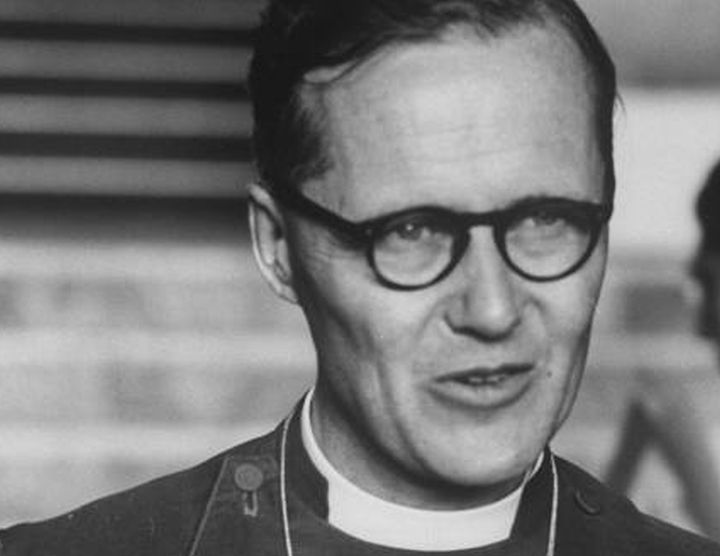Alan Jacobs has some very good questions for critics of the Benedict Option, and at the risk of possibly digging myself into a deeper hole with yet another BenOp post I would like to offer some answers.
My only grounds for doing so are that I have lived in about 2½ different communities that I think could be considered “Benedict Option” (the ½ being my homeschool co-op, which I would say lacked the localism that attends most BenOp discussions).
Here is Jacobs’ succinct description of why we need the Benedict Option followed by a conclusion, which I find quite helpful:
The dominant media of our technological society are powerful forces for socializing people into modes of thought and action that are often inconsistent with, if not absolutely hostile to, Christian faith and practice.
In America today, churches and other Christian institutions (schools at all levels, parachurch organizations with various missions) are comparatively very weak at socializing people, if for no other reason than that they have access to comparatively little mindspace.
Healthy Christian communities are made up of people who have been thoroughly grounded in, thoroughly socialized into, the the historic practices and beliefs of the Christian church.
From these three premises proponents of the Benedict Option draw a conclusion: If we are to form strong Christians, people with robust commitment to and robust understanding of the Christian life, then we need to shift the balance of ideological power towards Christian formation, and that means investing more of our time and attention than we have been spending on strengthening our Christian institutions.
Login to read more
Sign in or create a free account to access Subscriber-only content.
Topics:
